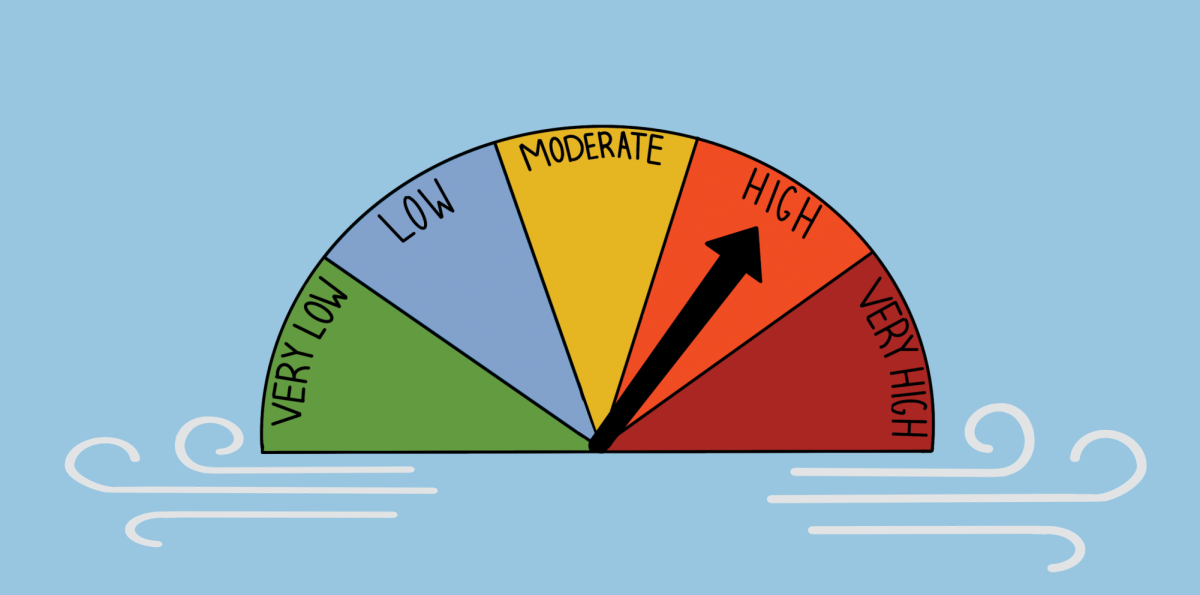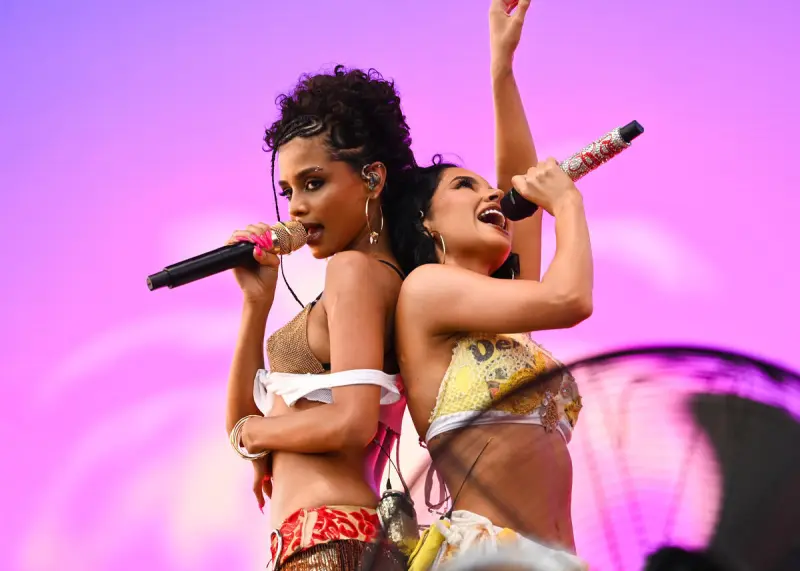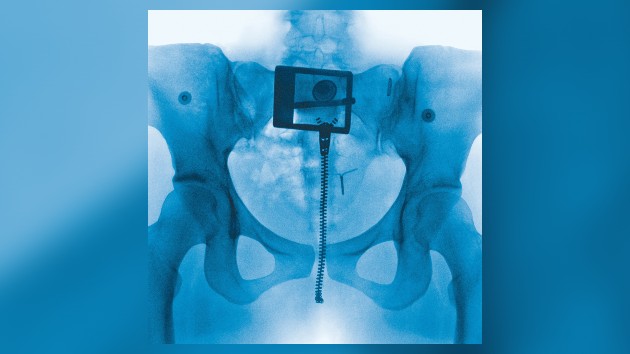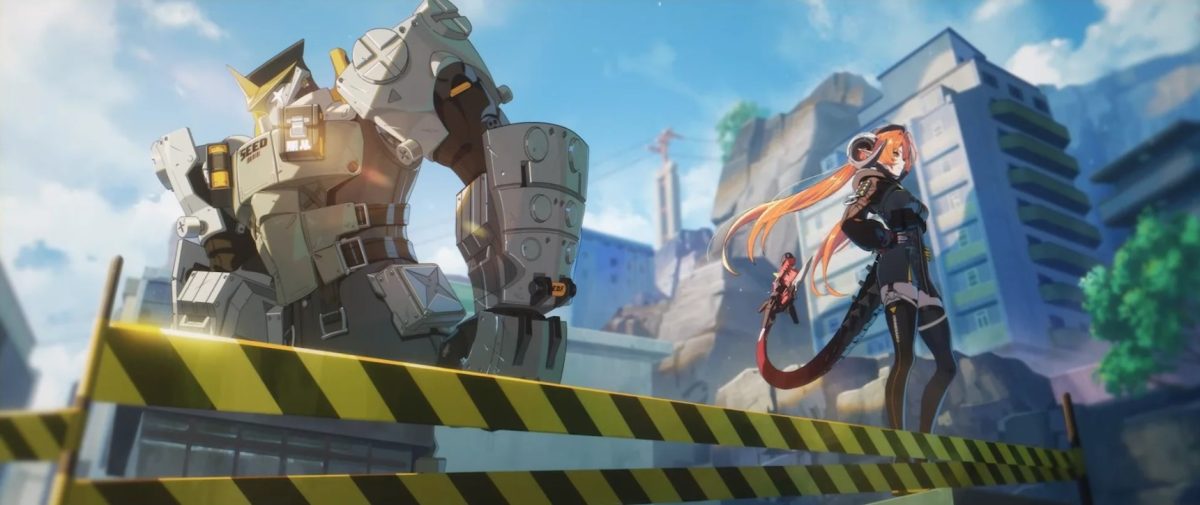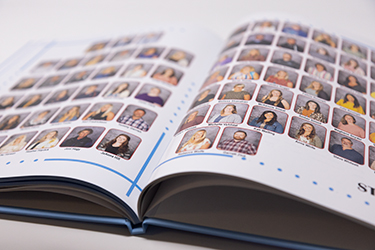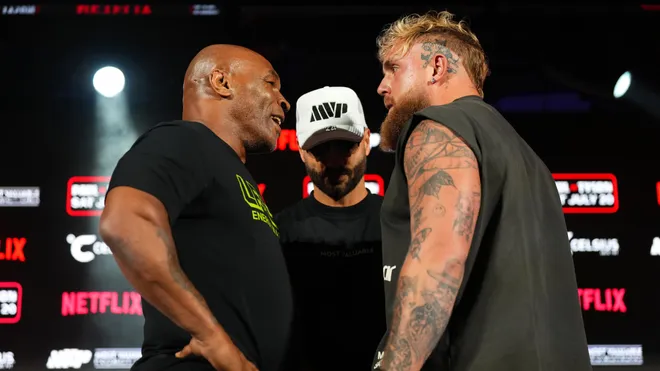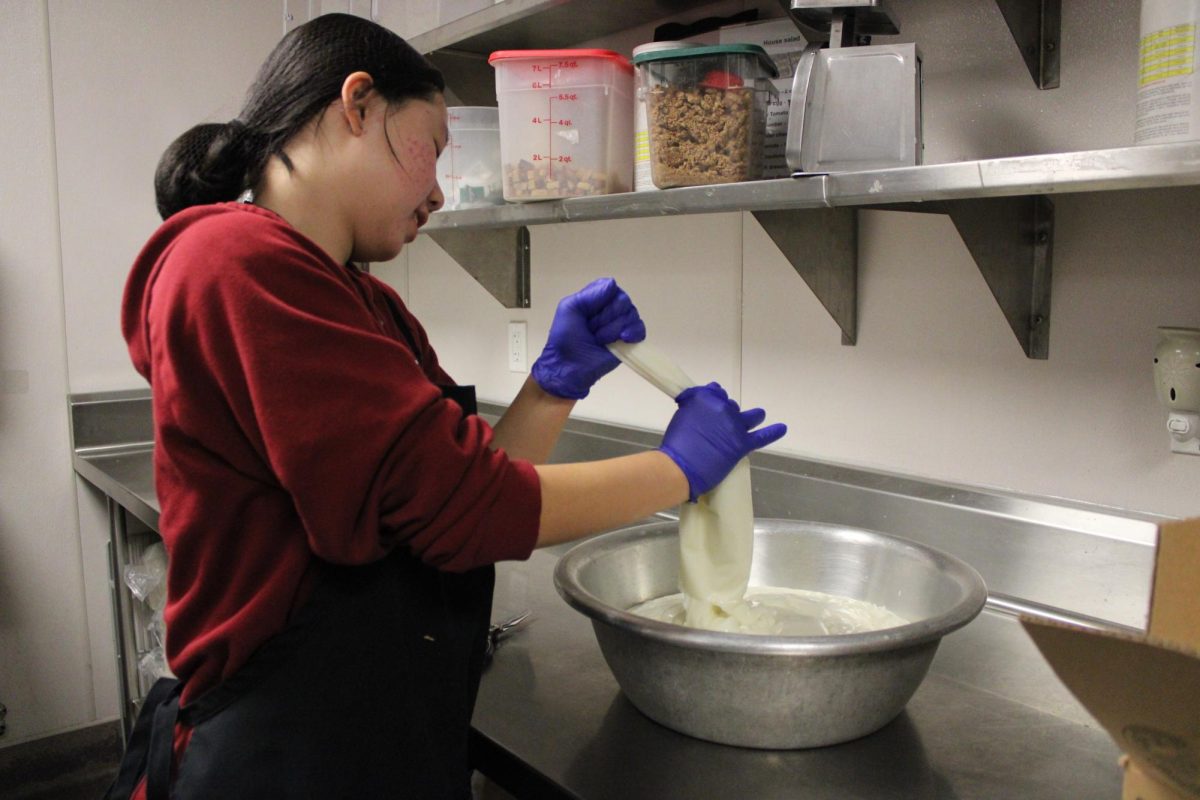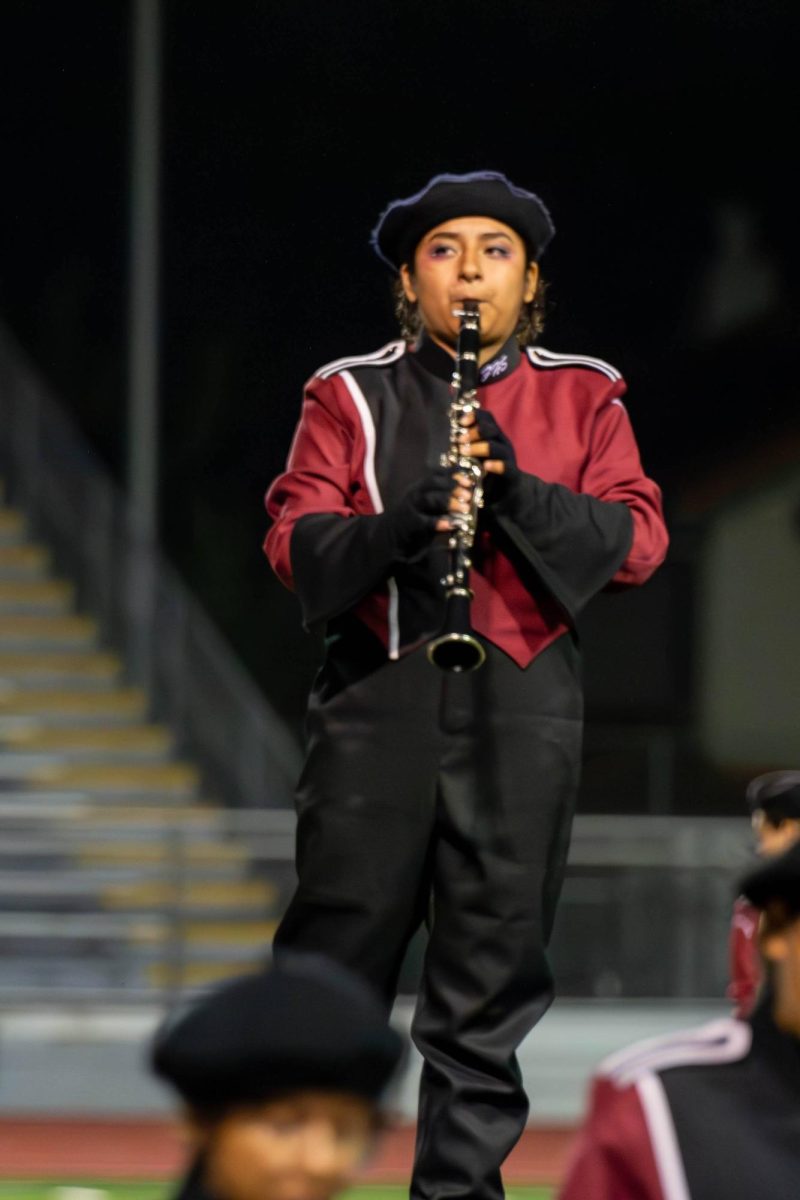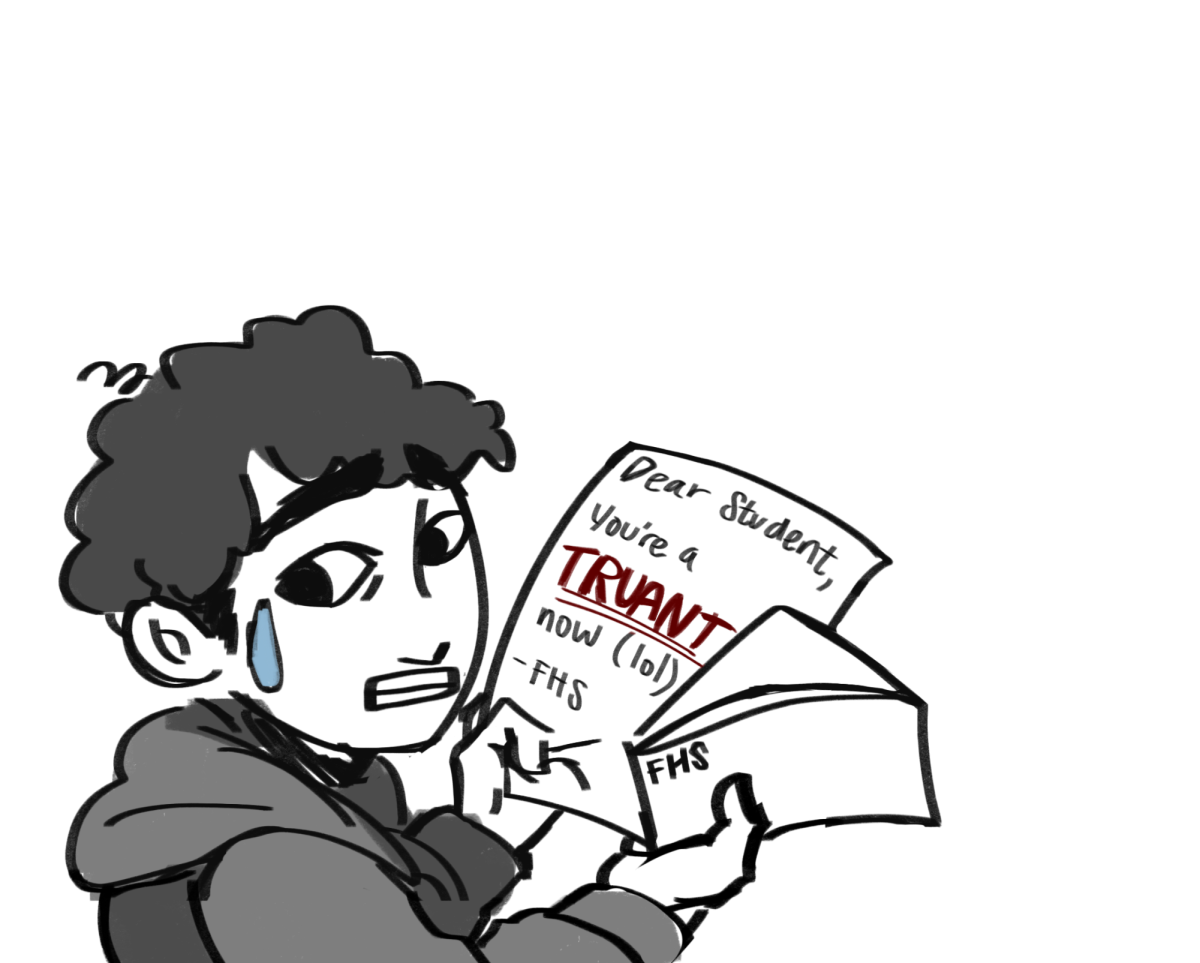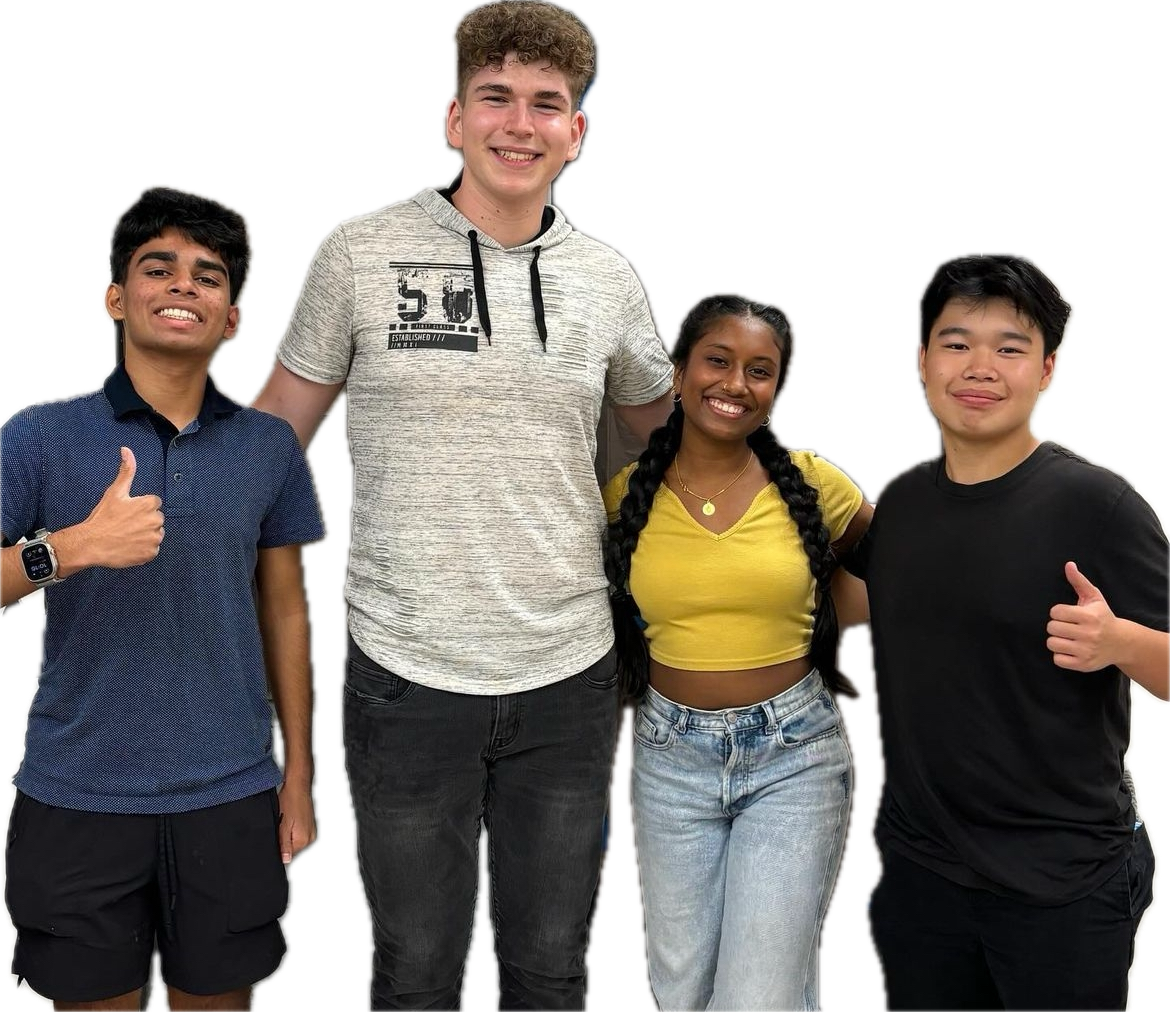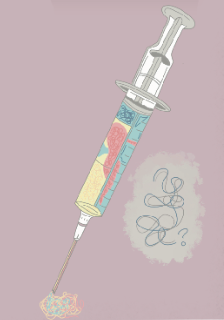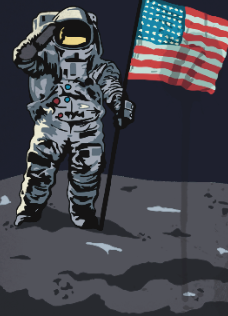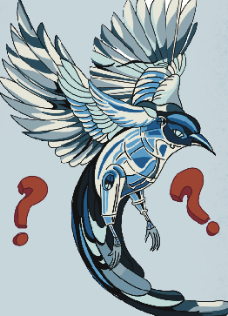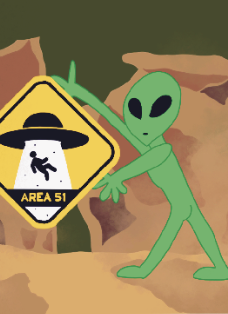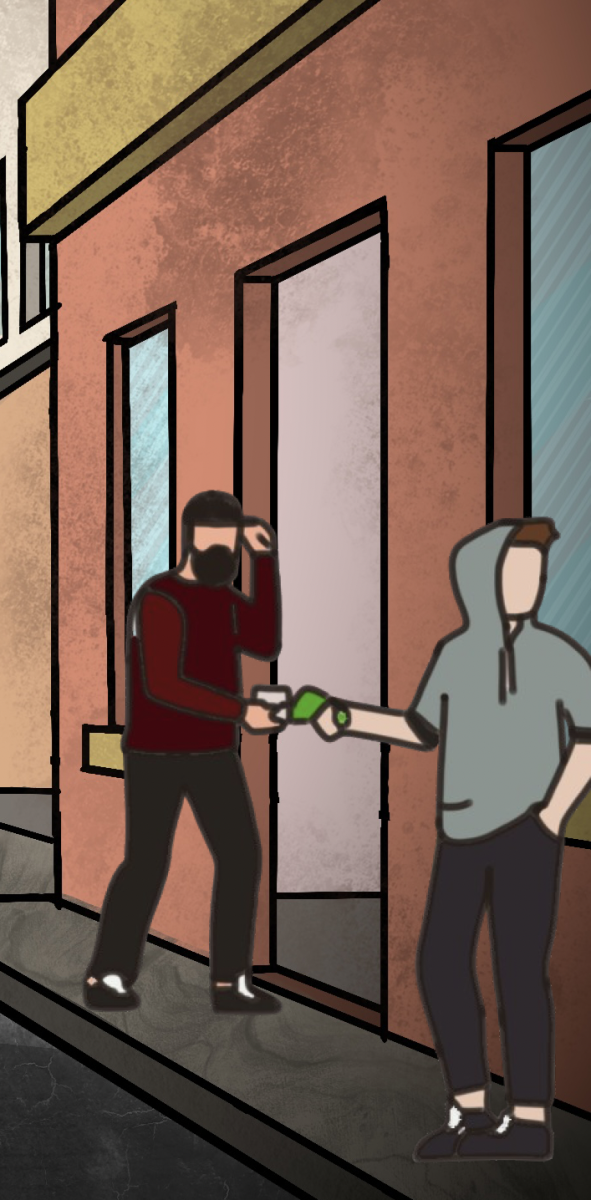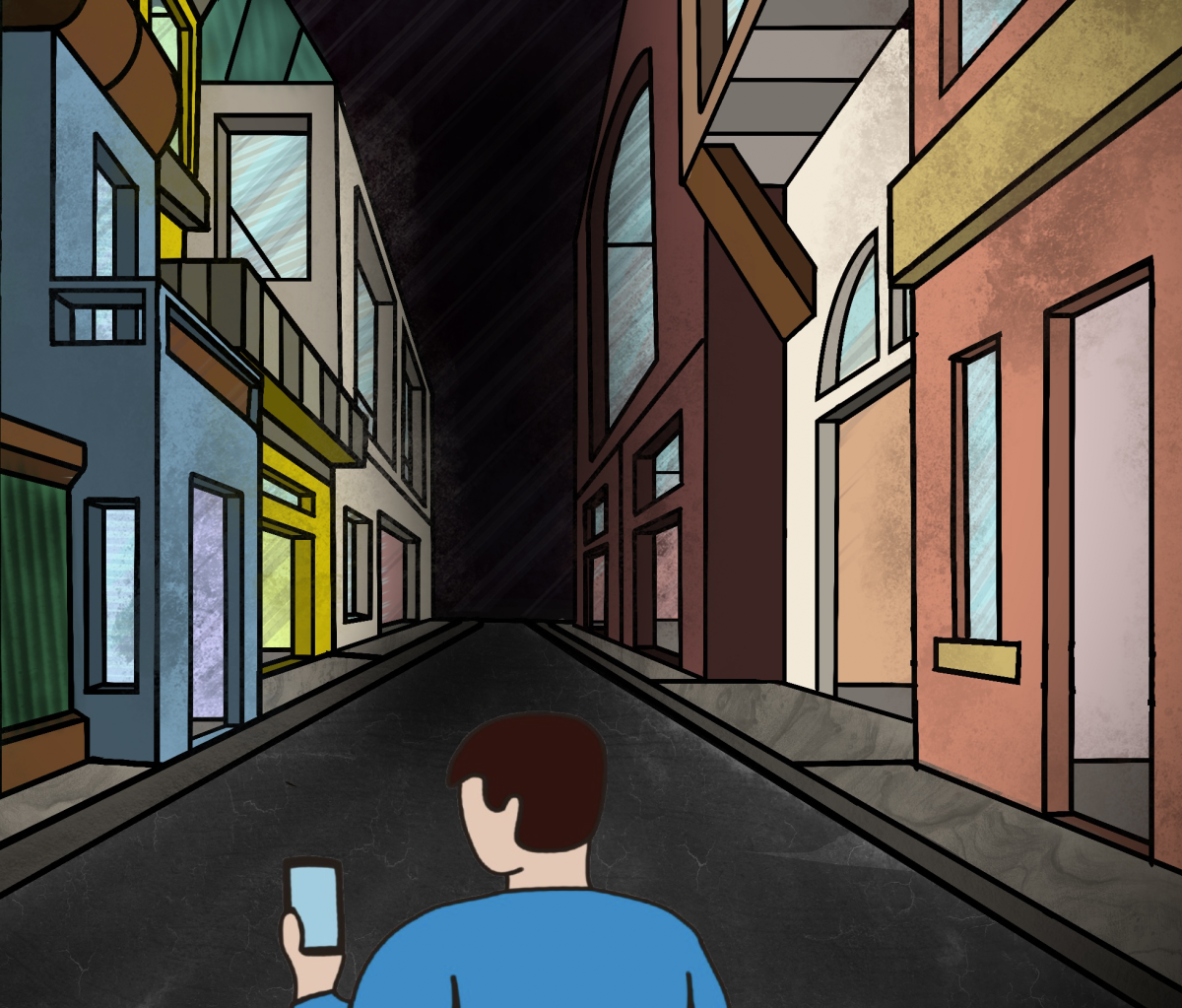Recently, Hurricane Helene and Hurricane Milton ravaged the Southeast coast of the U.S., displacing more than 230 families and leaving behind a trail of destruction in coastal communities. Traditional media has provided steady coverage of the devastation, capturing images of flooded streets, uprooted homes and rescue operations. However, as with many recent natural disasters, social media has played an equally significant role in shaping public perception of these events — for better and for worse.
While traditional news outlets have focused on the urgency of evacuation efforts and community impact, social media platforms like X, TikTok and Instagram have painted a more complex, sometimes problematic picture. Social media has amplified awareness and allowed real-time updates from people on the ground, creating a sense of solidarity and immediacy. Yet, it has also become a breeding ground for misinformation, conspiracy theories and even casual or insensitive takes on the disaster. In particular, rumors and unfounded claims have circulated widely, with some posts accusing FEMA of obstructing aid, sparking confusion and distrust among the public.
Beyond misinformation, a different trend has emerged: viral videos of flooded homes and hurricane-force winds are often accompanied by detached commentary or even humor, leading to a sense of desensitization around the disasters. FHS junior Vianna Moshtaghi noted that on platforms like TikTok and Instagram, she has encountered numerous videos where users turn the tragedy into a spectacle.
“I know some people would go live, and they’d just show their house, paddling through their flooded house,” Moshtaghi said. “And there is this other trend that was going around where you just stand outside during the hurricane and you’d walk forward as the winds are trying to push you down. [I saw] another trend that took a ‘Hamilton’ song that talks about being in the eye of the hurricane and they would go outside and dance in the hurricane to that song.”
This trend of consuming content for entertainment rather than empathy blurs the line between raising awareness and exploiting tragedy for views, diminishing the voices of those genuinely affected by hurricanes like Helene and Milton. Moshtaghi expressed concern that such content, while attention-grabbing, trivializes the danger posed by the hurricanes.
“It definitely downplays the significance of what’s happening, especially with a hurricane as powerful as Milton,” Moshtaghi said. “With people being outside, especially through extreme winds and rain and everything; that’s really dangerous.”
As social media continues to shape our understanding of natural phenomena, the balance between awareness and respect becomes increasingly important. Ensuring platforms serve as tools for genuine empathy and support, rather than spectacle and misinformation, is essential in times of crisis.


